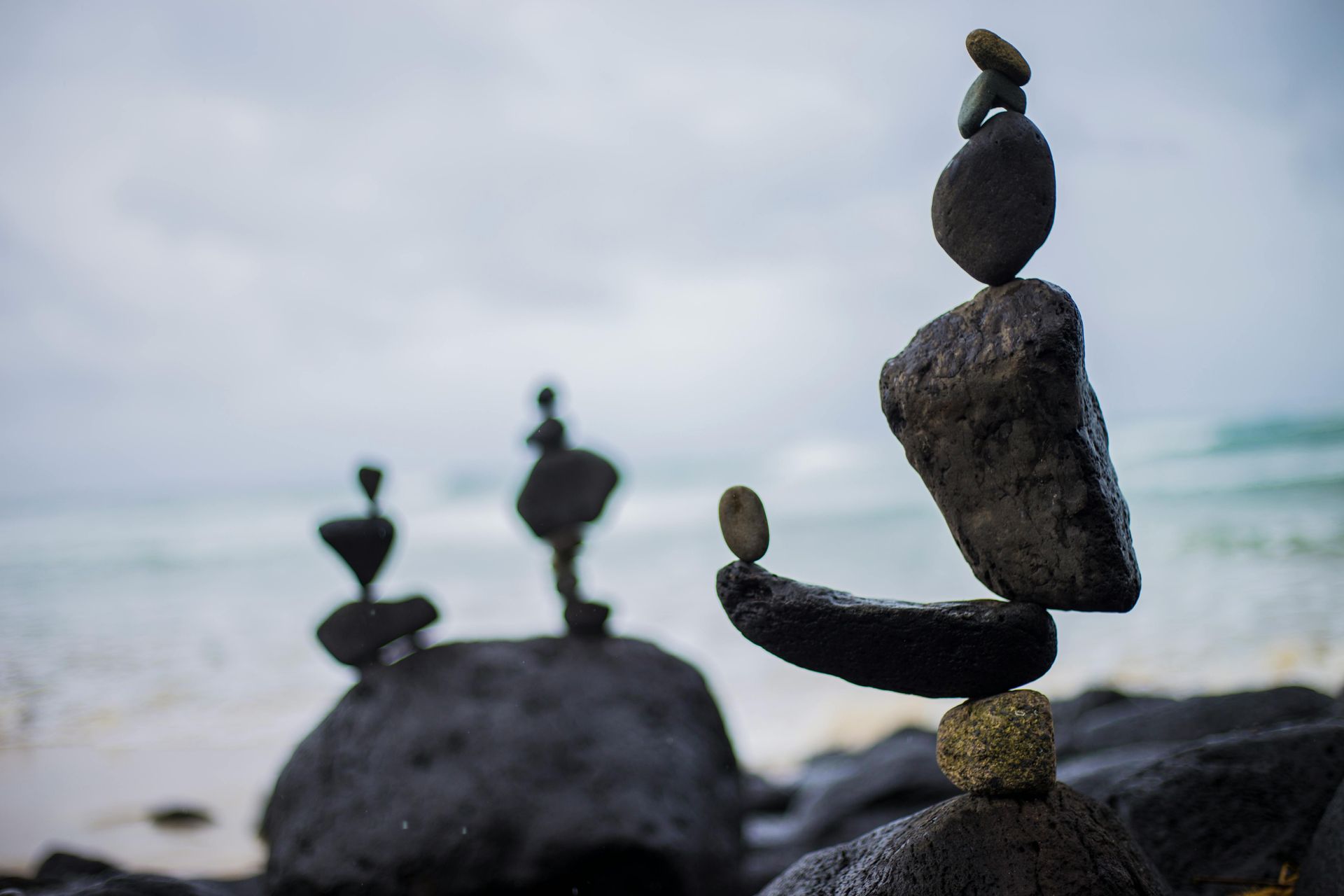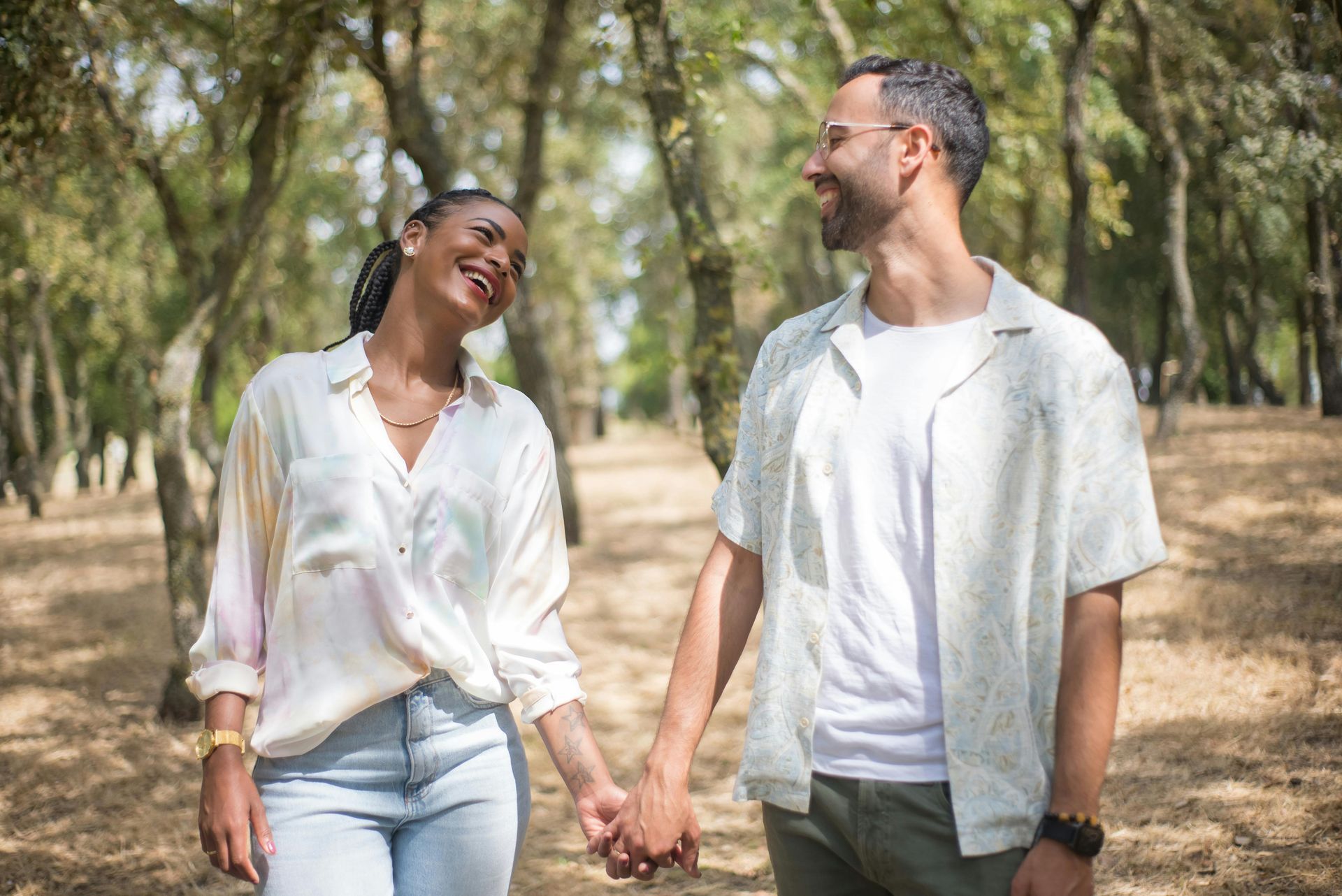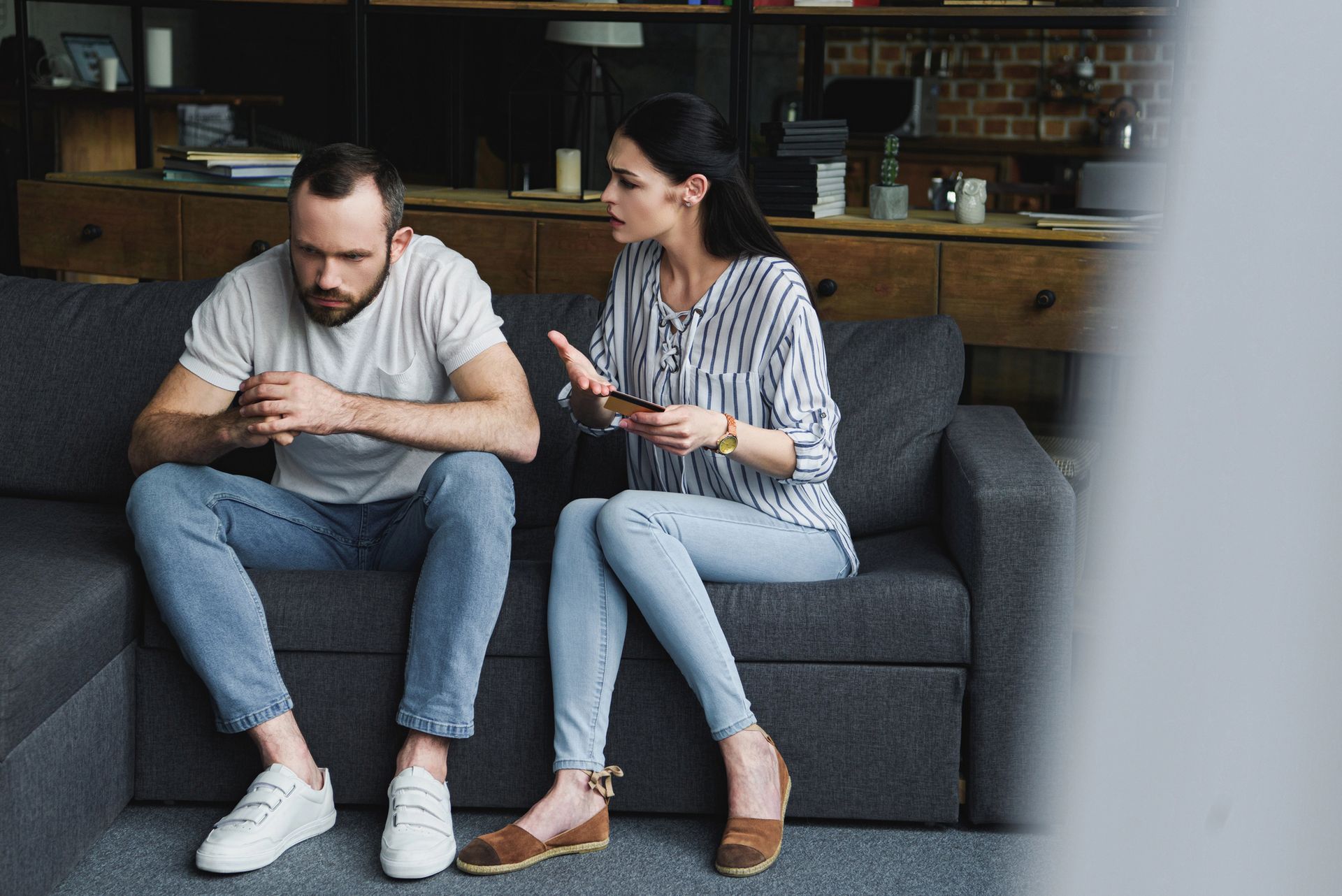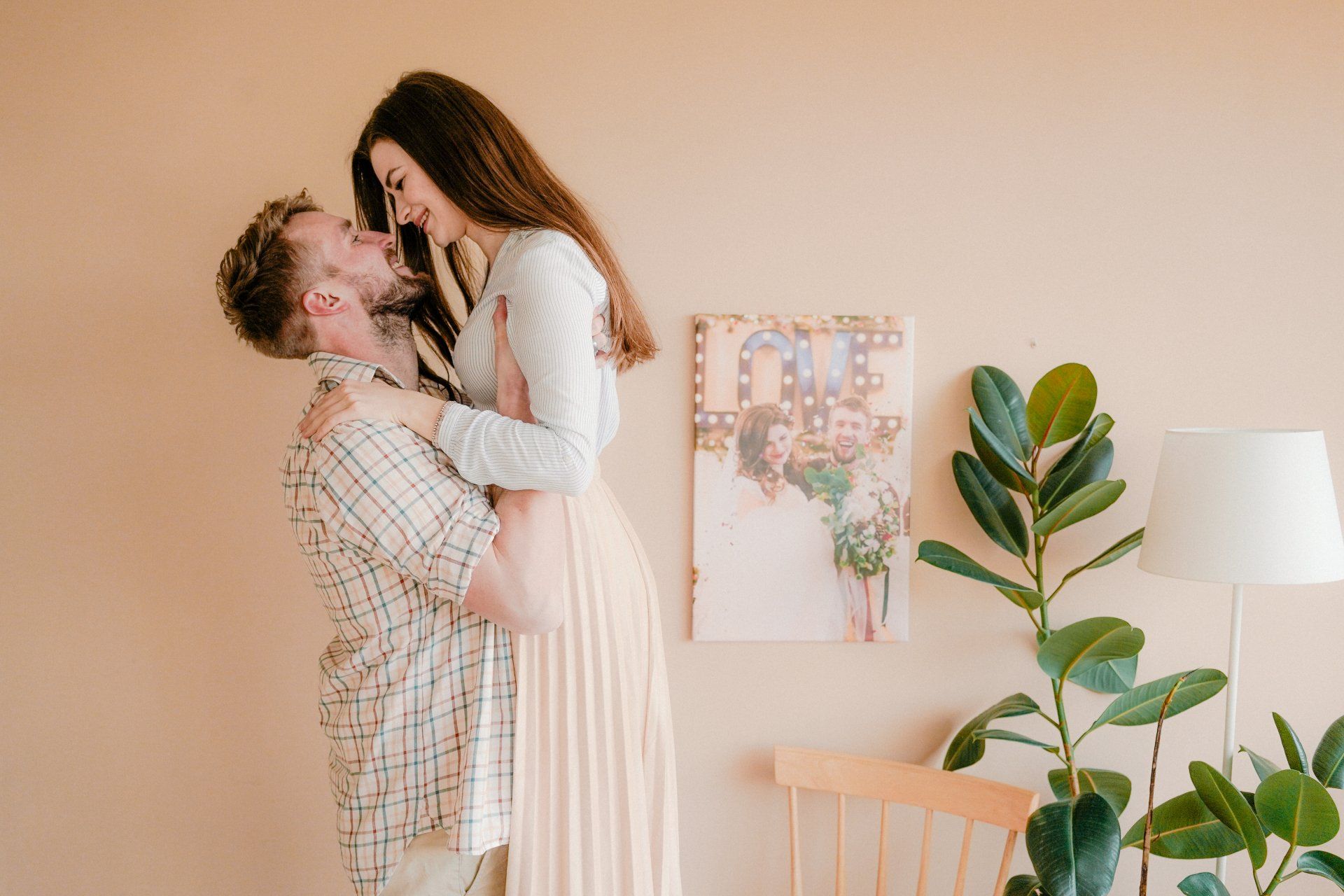Change your perspective – change the outcome
Kathleen Maiman • June 7, 2019

When a couple gets into their dance of disconnection, often what arises is the same old, same old. We see the same cue, same image of our partner and we respond with the same reactivity. Does this sound familiar?
When feeling hurt, let down or disappointed, our view point becomes self-focused and limited. Have you ever noticed? We focus on our pain and what someone did to cause this pain. Next, thought is: they shouldn’t have done this to me. They don’t love me, or they don’t respect me. If they loved me or respected me, this wouldn’t happen. And the well-oiled mental image arises and we move into states of despair and helplessness. Followed by thoughts of, I guess I have to lower my expectations if I want to stay in this or I must leave the relationship because it is toxic.
The conclusion: “there is something wrong with my partner, something wrong with me for staying or something wrong with my relationship.”
Sound familiar? What is this based on? An image and a judgement of who or what our partner is? I often hear a partner say: “he is an angry person, or a narcissist, or she’s crazy”. Coming from pain, this is a limited view and the person believes they are right. Then their partner must be managed instead of taking responsibility to look into one’s perspective on the situation.
What also makes this worse, is that we get more of the same from our partner when doing the same thinking and responding.
We are unaware of our impact and how it contributes to the demise or the disconnection in the relationship.
Human nature is such that when we are angry, we tend to become so emotionally reactive to what the other person is doing to us that we lose our ability to observe our own part in the interaction. Self – observation is not at the same as self-blame….self-observation is the process of seeing the interaction of ourselves and others, and recognize that the ways other people behave with us have something to do with the way we think and behave about them. We cannot make another be different, but we can do something different ourselves so that the old pattern can no longer continue as usual.
Having said this, we are so tied to our disappointment and feelings of hurt that we don’t even see when our partner does something different. We don’t’ see that our negative bias or our pessimism may be contributing to our partner not changing. Perhaps it is a big deal for the partner to stretch into a new behaviour that is being asked….When they do it, do you notice they did it or again are you focusing on the pain and the hurt of all the times they disappointed you? Have you asked your partner for something they can do to reassure you? Have you given some grace to your partner being able to make changes with a possibility that they might fall back into their own behaviour. Do you praise or prize them when you see them do it?
In the end, to build a foundation of connection, curiosity is key versus holding onto our painful hurts and images. Ask yourself, what image am I seeing about my partner? What am I telling myself, that is reinforcing this image? Given, this – how can I hold a different image of understanding and empathy and respond differently to have a different outcome?
Register for our Newsletter and receive a Free Love Chat Package
This Package Includes
- The 5 Steps to a Better Relationship
- Ongoing Monthly Relationship Tips
- If you want more love in your life, our relationship Love Chat Package is an easy cost-free first step.

The holidays can bring out the best and the worst in us. Between travel plans, family expectations, and endless to-do lists, even deeply connected couples and individuals can feel stretched thin. While this season promises joy and closeness, it also tests patience, communication, and self-care. Taking it easy—both with yourself and your partner and loved ones —can make all the difference.

In today’s digital world, screens have woven themselves into every moment of our lives. From the first scroll in the morning to the last glance before sleep: our phones and tablets are shaping how couples are spending time together. Just have a look the next time you go out to dinner and see the couple both sitting on their phone while waiting for their dinner to arrive. While this technology connects partners across distances, it can also subtly erode emotional intimacy when left unchecked. You are not alone if you’ve ever tried to talk to your partner while their eyes are glued to a glowing screen. In today’s world, screen time has quietly become the “third wheel” in many relationships.

When we first meet, we are the best version of ourselves. We take care of ourselves and show up as our best self. In the first few weeks and months of a relationship, we are on our A game. We dress up, plan dates, show up, have fun, we listen and we are in a good mood and say yes to new experiences and adventures. We a

When it comes to relationships—romantic, familial, or even friendships—there is an ongoing negotiation between what is true (facts) and what is felt (feelings). Both play vital roles in how partners connect, resolve conflicts, and build lasting trust. Understanding the balance between the two can mean the difference between constant misunderstandings and a relationship grounded in both honesty and empathy. Learning how to balance the two—without dismissing or overemphasizing either—can bring more peace, understanding, and intimacy.

As a relationship therapist, I am seeing more couples in my office with betrayals of deceit, infidelity and emotional affairs. My curiosity and compassion arises when working with these couples, helping them to move beyond the deceit and the betrayal. In the discovery process, we want to get to an understanding of how they got to this place of hurt and deceit. Here is one of a few blog posts on Betrayal and Infidelity. This one refers to “Why Partners Cheat”.

There are many myths floating around about marriage and relationships that can be detrimental and harmful to relationships. They can create unrealistic expectations and misunderstandings leaving couples down the wrong path, or worse, convince them that marriage is a hopeless cause. Good relationships can end early or fail because of these common myths. Let’s debunk them one by one.












